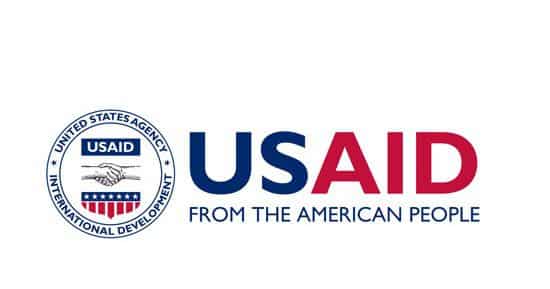WASHINGTON, USA – The United States Agency for International Development (USAID) has launched a five-year initiative to increase investments in sustainable commercial agriculture, forestry, and other land uses in Southeast Asia. USAID Partnerships for Green Investment (PAGI) will collaborate with investors and companies working with agricultural and forestry commodities to reduce carbon emissions, enhance climate resilience, protect biodiversity, and improve equitable benefit sharing with communities.
This initiative will seek to advance the US-ASEAN Comprehensive Strategic Partnership by leveraging finance to achieve net zero goals, catalyzing private sector investments across the region that will spur economic growth, advance financial inclusion, and leverage technology to support food security, with particular attention to small and medium-sized enterprises as well as civil society.
Agricultural expansion is Southeast Asia’s biggest deforestation threat and has led to significant loss of biodiversity and disruption of ecosystems. The region is home to globally important agricultural supply chains such as the global coconut market valued at $26 billion, natural rubber $46 billion, coffee $93 billion, and rice $300 billion.
USAID PAGI will work to increase the adoption and implementation of standards in agriculture, forestry, and other land use supply chains in Southeast Asia that ensure environmental sustainability, social impact, and strong governance, as well as improve benefits for local communities. This initiative builds on the 2018-2023 USAID Green Invest Asia (GIA) initiative, which facilitated $446 million in investments in low-carbon business models in Southeast Asia.
USAID PAGI, building on USAID GIA experience, will collaborate with multiple regional partners and platforms of key commodity sectors to advance initiatives such as the development of a carbon footprint baselines for robusta coffee production and the establishment of a global sustainable coconut benchmark.
This new effort represents a shift from guiding principles to locally-led practices in association with reduced transaction costs, strengthened production standards, and increased supply chain transparency and traceability to accelerate systemic changes in the land use sector.
“Producers and consumers want sustainable and more affordable supply chains,” said Michael Ronning, Mission Director of USAID’s Regional Development Mission for Asia. “To advance the Free and Open Indo-Pacific Strategy, USAID PAGI will work with the public and private sectors to catalyze climate action at scale and advance resilient and secure land-based supply chains, making the Southeast Asia region a strategic hub for U.S. government-leveraged climate finance and investment-readiness support.”
The U.S. government through the USAID Climate Strategy aims to support the conservation, restoration, or management of 100 million hectares worldwide with a climate mitigation benefit, mobilize $150 billion in private and public finance, and support activities that reduce, avoid, or sequester six billion metric tons of carbon dioxide equivalent.
“Ambitious? Yes. Possible? Without a doubt. That is why public-private partnerships to align and scale climate interventions to reduce emission matters. Launching USAID PAGI in Southeast Asia is a key step in USAID’s long-term global commitment on Conserving Critical Forests and Ecosystems, and advancing net zero results in the ASEAN region,” said Mission Director Ronning.
For more information about USAID Partnerships for Green Investment, please visit USAID’s website.















